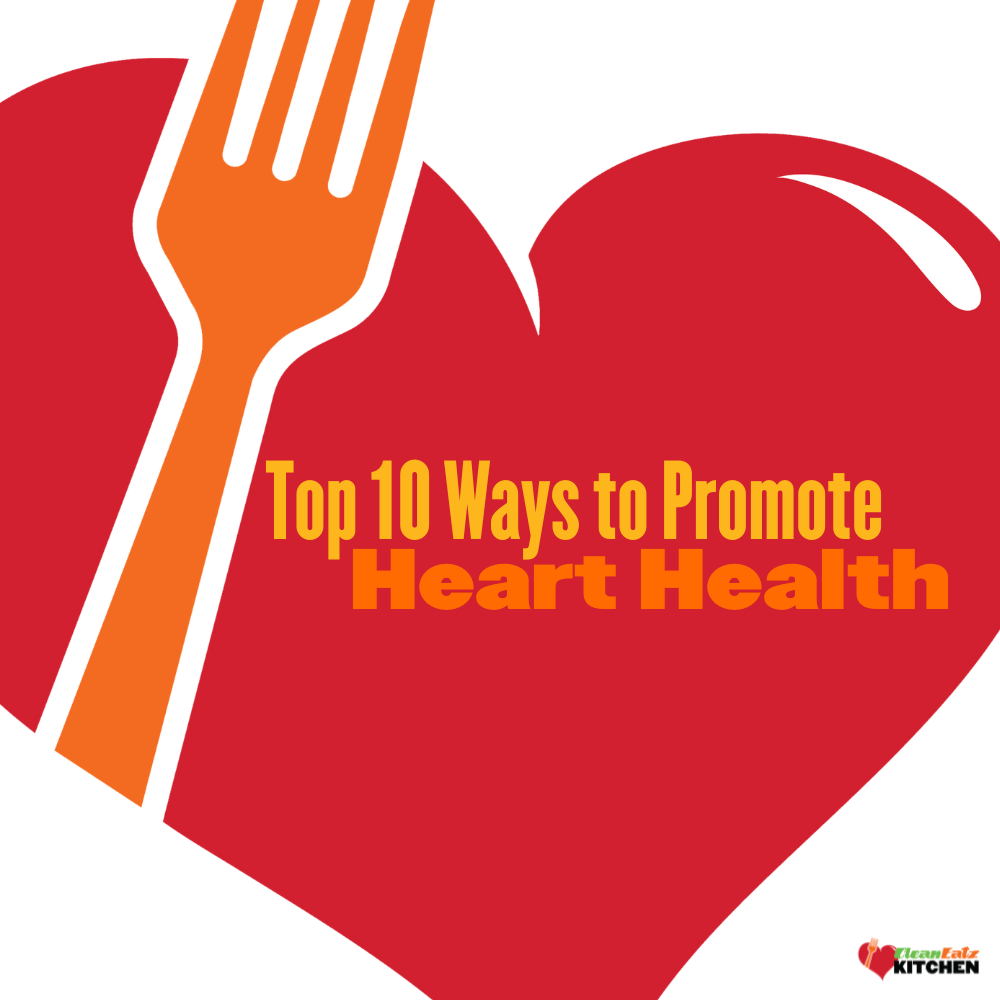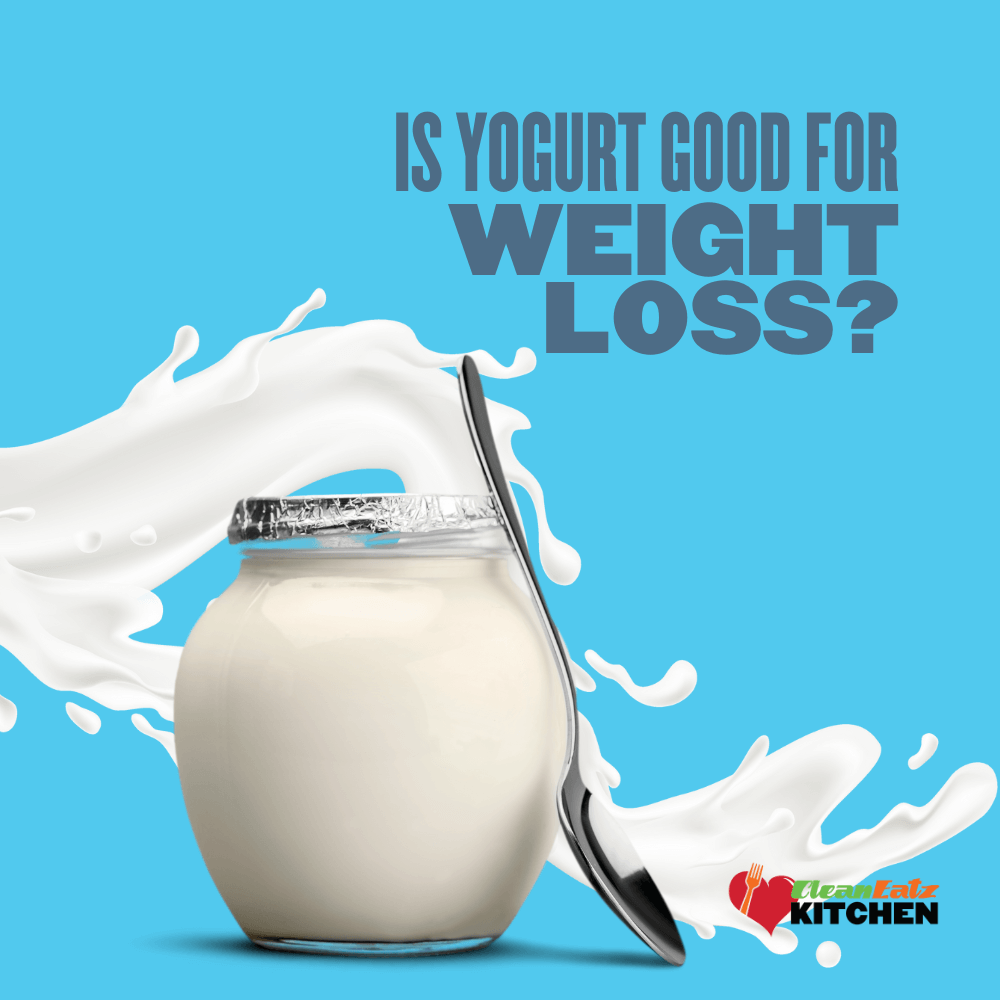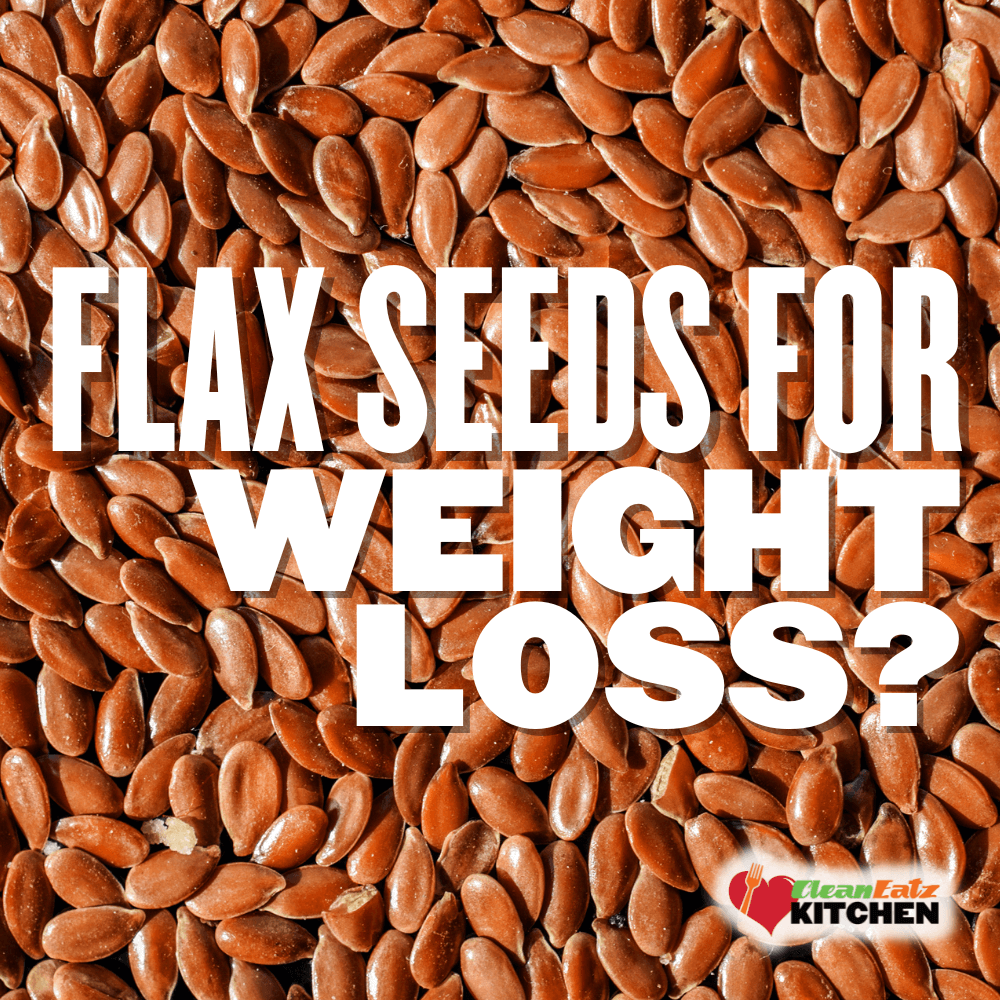
Top Ten Evidence-base Foods That Promote Heart Health
Crystal Zabka-Belsky, MS, RDN, CSSD, LMNT, LDN
Nutrition
|
Healthy Lifestyle
9 minute read
In this article, we'll explore a selection of wholesome foods that promote heart health. By incorporating these nutrient-rich options into your diet, you can take proactive steps toward caring for your cardiovascular well-being.
1. Seafood
Research with nearly 1300 individuals demonstrated that consumption of fish most days of the week is associated with reductions in “bad cholesterol” and coronary artery disease risk. This means less plaque build-up in the arteries, which reduces heart attack and stroke risk.
Association of daily fish intake with serum non-high-density lipoprotein cholesterol levels and healthy lifestyle behaviors in apparently healthy males over the age of 50 years in Japanese: Implication for the anti-atherosclerotic effect of fish consumption - PubMed (nih.gov)
TIP: When making seafood choices, stick to those that are rich in Omega-3s and lower in mercury. Some great examples include meals with shrimp, salmon, pollock, tilapia, cod, and light canned tuna. Don’t be afraid to get creative with your seafood by tossing it into tacos, salads, and rice bowls.
2. Plant-based Fats
The incorporation of plant-based fats is associated with reductions in heart disease risk and ultimate heart-related fatality. You don’t have to be a vegetarian to obtain these benefits! Just consider incorporating some plant-based foods that promote heart health.
The Association of Plant-Based Diet With Cardiovascular Disease and Mortality: A Meta-Analysis and Systematic Review of Prospect Cohort Studies - PMC
TIP: A great way to incorporate plant-based fats is to swap out traditional condiments like butter and ranch dressing for olive oil and guacamole. In addition, with vegetarians taking more of a front seat in today’s lifestyles, you won’t struggle to find plant-based foods to blend into a traditional diet.
3. High-fiber Foods
Packing your meals full of high-fiber foods is a great strategy to promote reduced total cholesterol, with direct effects on the “bad cholesterol.” These improvements lead to a significantly reduced risks for all forms of cardiovascular disease and related health complications. In addition, a high-fiber diet will contribute to a reduced risk for diabetes and promote optimal digestive health.
Dietary Fiber Is Beneficial for the Prevention of Cardiovascular Disease: An Umbrella Review of Meta-analyses - PMC
TIP: There are a handful of ways to boost your fiber intake! The easiest is to simply add fruits and veggies to each meal. Another idea is to strategically incorporate a blend of traditional meat sources of protein with plant-based protein options like quinoa, beans, nuts, and seeds.
4. Oats
Individuals who have already experienced a cardiovascular event and required coronary intervention may fear that it is too late to improve heart health. Not true! A study examining the effects of introducing oats in patients demonstrated lower serum levels of inflammation markers secondary to high-fiber content, indicating reduced risk for additional heart-related health problems.
The benefit of secondary prevention with oat fiber in reducing future cardiovascular events among CAD patients after coronary intervention - PMC
TIP: Oats do not have to be boring! There are so many ways to spice it up including delicious additions to oatmeal like dried fruit, nuts, and brown sugar. In addition, overnight oats are all the rave right now! Not a traditional oatmeal fan? No problem. Oats can be the foundation for some dessert favorites like cookies, protein balls, and fruit crisps.
5. Nuts
Primary prevention of cardiovascular disease means trying to avoid all forms of heart disease from occurring. Research has demonstrated that consistent inclusion of nuts, including walnuts, peanuts, and other tree nuts, is directly correlated with reduced risk for disease of the heart.
Changes in Nut Consumption and Subsequent Cardiovascular Disease Risk Among US Men and Women: 3 Large Prospective Cohort Studies | Journal of the American Heart Association
TIP: Nuts can be added to so many different foods including desserts, protein balls, granola, trail mixes, oatmeal, salads, and rice bowls! In addition, nut butters are a condiment packed with healthy fats that can be paired with fresh fruits, and whole grains and added to smoothies.
6. Red wine
Red wine has long been associated with antioxidant and anti-inflammatory properties, reducing oxidative stress in the body. These benefits are directly and very clearly correlated with reductions in the risk for cardiovascular disease as related to elevation of “good cholesterol” and reductions in “bad cholesterol.”
Red Wine Consumption and Cardiovascular Health - PMC
TIP: For wine lovers, this is an easy one! Enjoying a glass of wine with dinner is a great way to incorporate a cocktail of benefits! Not a fan of drinking red wine? No worries. Find yourself some meals that involve cooking with red wine and you will still get the same benefits!
7. Tea
In a review of 39 published clinical studies, it was shown that the flavonoids found in tea lead to reductions in both systolic and diastolic blood pressure. These effects on blood pressure contribute to significant reductions in cardiovascular disease risk across the board. In addition, when consumed within recommended amounts, there were no adverse effects linked to tea consumption.
Dose-Response Relation between Tea Consumption and Risk of Cardiovascular Disease and All-Cause Mortality: A Systematic Review and Meta-Analysis of Population-Based Studies - PMC
TIP: For people who just don’t like drinking plain water, tea can be a great companion! In addition to all the glory associated with the health benefits associated with tea, consumption of this popular drink also contributes to overall daily fluid intake. Hot, cold, or somewhere in between—tea can be a great addition to your day!
8. Blueberries
Blueberries are often thought of as nature’s candy. In addition to the delicious sweetness we enjoy, berries also present a pretty sweet health benefit! Berries have been shown again and again in clinical research to promote a reduced risk for cardiovascular disease, which includes hypertension, high cholesterol, high triglycerides, heart attack, and stroke!
Blueberries and cardiovascular disease prevention - Food & Function (RSC Publishing)
TIP: Opportunities to incorporate blueberries are endless! In addition, simply eating them right out of the package, blueberries can be added to smoothies, yogurt parfaits, protein balls, salads, oatmeal, and desserts. In addition, dried blueberries are becoming more and more popular as an ingredient in trail mixes!
9. Avocado
A Nurse’s Health Study examining over 110,000 men and women over a 4-year time frame demonstrated that at least half a serving of animal-based fats such as butter, margarine, cheese egg, or processed meats replaced with avocado was associated with as much as 22% reduction in heart disease risk. With heart disease being the leading cause of death for both men and women in the United States, a reduction of this magnitude has the potential to make a huge impact!
Avocado Consumption and Risk of Cardiovascular Disease in US Adults | Journal of the American Heart Association
TIP: Avocado is such a versatile food that can be incorporated in so many different ways. It is an old favorite for Mexican dishes like tacos, burritos, quesadillas, rice bowls, and nachos. But it has also become a popular companion for foods like toast, sandwiches, salads, and omelets. Plus, who can resist chips and guacamole?!
10. Soy-based protein
Evidence from meta-analyses suggests that there is an inverse relationship between the intake of soy-based protein and heart disease. In essence, this means that incorporating soy into your diet may reduce your risk of a heart attack or stroke one day. Though the media has created some fear of eating soy related to cancer risk, research shows that moderate consumption of soy-based comes with significant cardiovascular benefits and other health benefits alongside minimal adverse risks.
The Effects of Soy and its Components on Risk Factors and End Points of Cardiovascular Diseases - PMC
TIP: Though whey protein takes the cake when it comes to athlete benefit, soy protein is a close second because it contains a similar level of the amino acid leucine, it is efficiently oxidized and it is a complete protein source containing all essential amino acids. Having said this, soy-based protein shakes or smoothies are an easy choice! In addition, with an upswing in vegetarian and vegan lifestyles, it is not hard to find soy-based protein in dairy alternatives like soy milk and soy yogurt. Plus, restaurants have jumped on the bandwagon by including more soy-based protein with foods such as edamame, veggie burgers, and vegetarian rice bowls.
Check out the meals offered by Clean Eatz Kitchen that are packed with these and other health-focused ingredients! We are committed to helping you achieve optimal health.
Final Thoughts
To sum up, this article has introduced a variety of foods that promote heart health and different ways of how to promote heart health. By incorporating these nutritious options into your diet, you actively enhance your cardiovascular well-being. From seafood's advantages to the power of plant-based fats, high-fiber foods, oats, nuts, red wine, tea, blueberries, avocados, and soy-based proteins, a diverse range of options exists to boost heart health. Research confirms the significant impact of these foods on reducing heart disease risk, lowering cholesterol, and improving cardiovascular health overall.
FAQ
What is the best food to strengthen your heart?
Foods rich in Omega-3 fatty acids, such as fatty fish (like salmon and mackerel), along with whole grains, leafy greens, berries, nuts, and seeds are excellent choices for heart health. These foods provide essential nutrients, antioxidants, and healthy fats that support cardiovascular strength.
How can I improve my heart health fast?
While there are no instant fixes, making immediate changes like adopting a balanced diet, engaging in regular exercise, managing stress, avoiding smoking, and limiting processed foods high in salt and unhealthy fats can have a rapid positive impact on your heart health.
Is coffee good for the heart?
Moderate coffee consumption is generally considered safe for most people and might even offer certain cardiovascular benefits due to its antioxidants. However, excessive caffeine intake should be avoided, and individuals with certain heart conditions should consult their doctor regarding their coffee consumption.
Can a weak heart become strong again?
Depending on the cause and severity of the heart weakness, improvements are possible. Lifestyle changes like regular exercise, a heart-healthy diet, medication management, and medical treatments can often help improve heart function and strengthen a weakened heart over time. It's important to work closely with medical professionals to determine the best approach.
Related Articles
Is Yogurt Good for You & for Weigh Loss?
7 minute read
Flax Seeds for Weight Loss
8 minute read
Can I Work Out While Sick?
6 minute read



